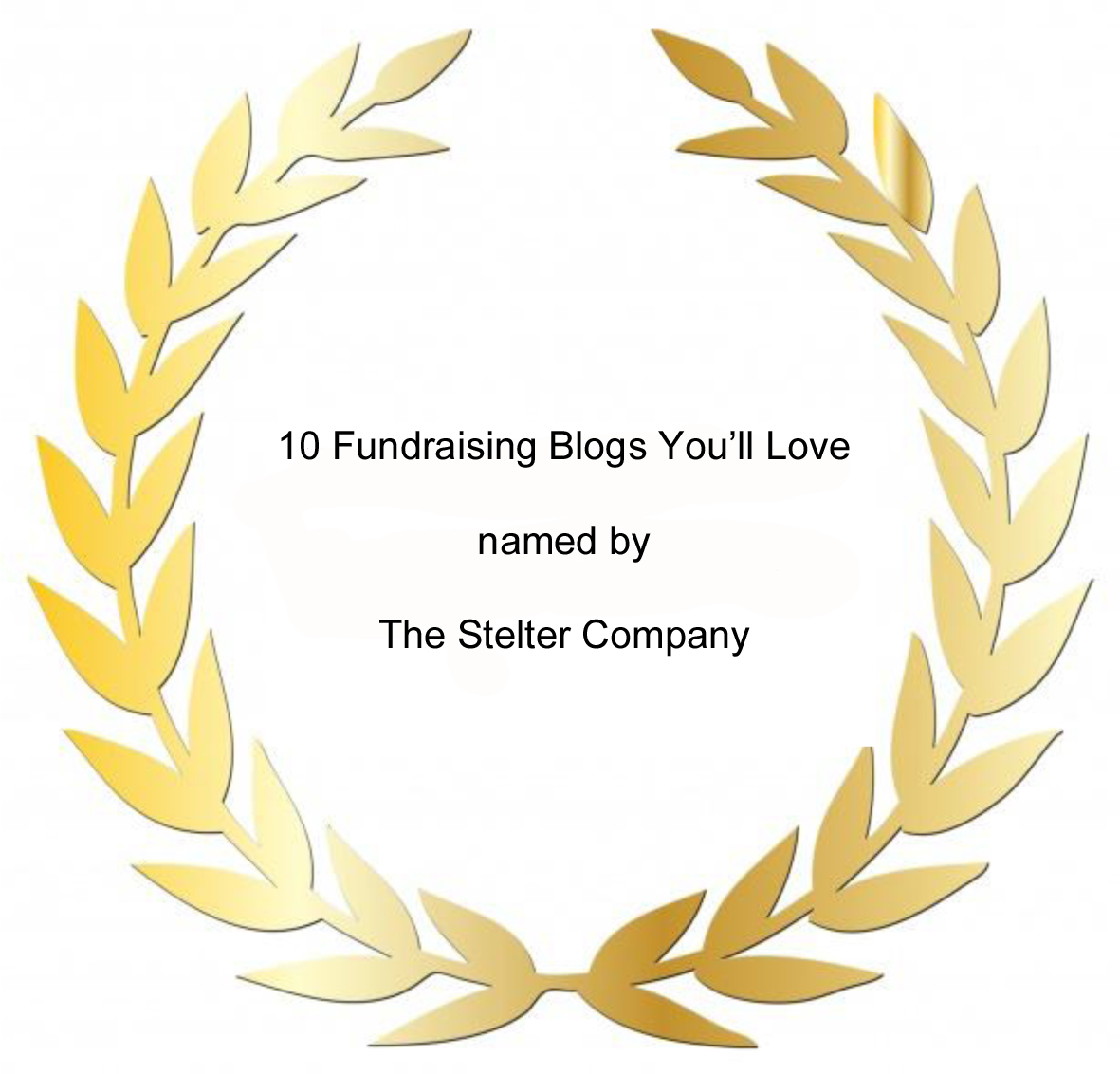During the year-end holiday period, I usually find it a good time to reflect back on the previous 12 months and think ahead to the new year. With the wild ride that has been 2020, I’m enjoying the moment to catch my breath. I hope you’re able to do the same.
As I look back over 2020, I thought I would take a bit of time to share with you some items you might have missed during your busy, crazy year.
My Top Blog Posts:
First, because I recognize that you can’t read everything that crosses your desk, I’ve put together a list of my top ten most-read posts published in 2020, in case you’ve missed any of them:
Legacy Fundraising: The Best of Times or the Worst of Times?
How will Coronavirus Affect Your Fundraising Efforts?
What Can You Learn from “The Naked Philanthropist”?
New Charitable Giving Incentives in CARES Act
Listen to The Whiny Donor and Raise More Money
Coronavirus: 20 Survival Tips for You and Your Charity
10 Fundraising Strategies for Complex & Major Gifts During COVID-19
Is the AFP International Conference in Jeopardy?
Warning Signs You Need to Know About
Amy Coney Barrett Knows Something You Need to Know
Now, I want to give you a list of five of my older posts that remained popular in 2020:
Can a Nonprofit Return a Donor’s Gift?
Can You Spot a Child Molester? Discover the Warning Signs
Here is One Word You Should Stop Using
Get More Repeat Gifts: The Rule of 7 Thank Yous
We All We Got. We All We Need.
I invite you to read any posts that might interest you by clicking on the title above. You can also search this blog by topic using the site’s search function (either in the right column or below).
Blog Site Recognition:
Over the years, I’ve been honored to have my blog recognized by respected peers. I’m pleased that, among the thousands of nonprofit and  fundraising sites, my blog continues to be ranked as a “Top 75 Fundraising Blog” – Feedspot, “Top Fundraising Blogs 2020” – Garecht Fundraising Associates, “Best Fundraising Blogs for 2020” – Future Fundraising Now.
fundraising sites, my blog continues to be ranked as a “Top 75 Fundraising Blog” – Feedspot, “Top Fundraising Blogs 2020” – Garecht Fundraising Associates, “Best Fundraising Blogs for 2020” – Future Fundraising Now.
To make sure you don’t miss any of my future posts, please take a moment to subscribe to this site for free in the designated spot in the column to the right (or, on mobile platforms, below). You can subscribe with peace of mind knowing that I will respect your privacy. As a special bonus for you as a new subscriber, I’ll send you a link to a free e-book from philanthropy researcher Russell James, JD, PhD, CFP®.
Special Projects:
In 2020, I was honored to have the opportunity to participate in four special projects:
Article for SEI Knowledge Center: “Charitable Giving 2020: COVID-19 and Politics Make a Play” (FREE)
White Paper with Rogaré: “Ethics of Legacy Fundraising During Emergencies” (FREE)
Best-selling Book — Donor-Centered Planned Gift Marketing:
This year was also another good year for my book, Donor-Centered Planned Gift Marketing. The book continues to be a highly-rated Amazon bestseller. Winner of the AFP/Skystone Partners Prize for Research in Fundraising and Philanthropy and listed on the official CFRE International Resource Reading List, it continues to be a relevant resource for fundraisers who want to start or grow a successful planned giving program.
A LinkedIn Discussion Group for You:









 Date: Wednesday, October 28, 2020
Date: Wednesday, October 28, 2020 As nonprofit managers and fundraising professionals, we have a choice: We can allow ourselves to be overwhelmed by the horrible events of 2020, or we can continue to do what we always do and help those who depend on us. While the suffering around us pains me, I take some solace in knowing that. like you, I am a member of a noble profession that seeks to make the world a better place. We are needed now more than ever.
As nonprofit managers and fundraising professionals, we have a choice: We can allow ourselves to be overwhelmed by the horrible events of 2020, or we can continue to do what we always do and help those who depend on us. While the suffering around us pains me, I take some solace in knowing that. like you, I am a member of a noble profession that seeks to make the world a better place. We are needed now more than ever.
 philanthropic decision. The sooner someone gives in response to an appeal, the more likely they are to give. People who set an appeal aside thinking they’ll get to it later, often do not.
philanthropic decision. The sooner someone gives in response to an appeal, the more likely they are to give. People who set an appeal aside thinking they’ll get to it later, often do not. far more common in the for-profit sector than in the nonprofit arena. However, should that be the case?
far more common in the for-profit sector than in the nonprofit arena. However, should that be the case?